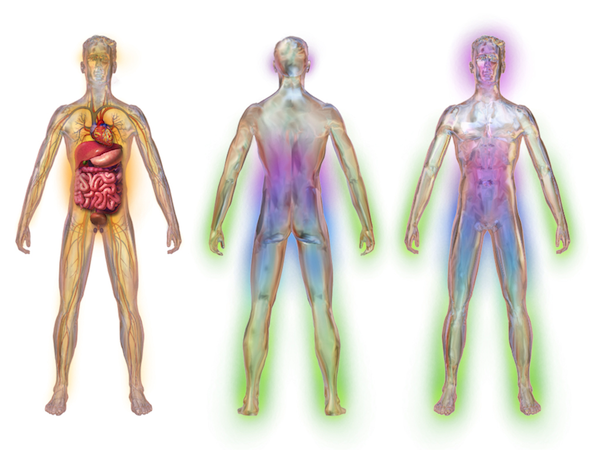Tips for Managing Your Diabetes

Whether you’re newly diagnosed with diabetes or have been dealing with the disease for many years, it’s an ever-present part of your life. For a person with diabetes, staying healthy means keeping blood sugar level within target range. That’s why what you eat and when you eat it is the key to keeping your diabetes in check.
Maintain an eating pattern:
Your blood sugar will usually be highest an hour or two after eating, so, depending on your individual needs, it may be helpful to eat several small meals a day, instead of three main meals. Or, if that’s not possible, plan to snack in between meals so that you’re eating at roughly the same time each day. Once you know when your blood sugar will begin to drop (following its peak an hour or two after eating), you can plan in advance to eat when necessary.
Eat well-balanced meals:
Meals should contain a mix of starch, fruits, vegetables, protein, and fat. Since carbohydrates have a huge effect on blood sugar levels, try to eat the same amount of carbs at each meal in order to keep blood sugar fluctuations to a minimum. Talk to your health care provider about determining suitable portion sizes based on your specific needs.
Regular exercise:
Your muscles use glucose (sugar) for energy when you exert them, and regular activity improves your body’s response to insulin. Active movement like exercise, or even less rigorous movement like housework or a long walk, can lower your blood sugar level. Therefore, if you’ve not had a regular exercise routine, you should consult your doctor before starting one. You want to find the appropriate balance between cardio and muscle-strengthening or weight-bearing exercise.
It’s also important to coordinate your exercise routine with your schedules for eating and medication. Before and during exercise, continue to monitor your blood sugar to ensure that you’re remaining in a safe range. Be aware of the warning signs for low blood sugar: shakiness, weakness, confusion, lightheadedness, irritability, anxiousness, fatigue, or hunger. Have a snack and “sugar fix” available in case your blood sugar drops too low.
Medicate wisely:
Like with any medication, follow the dosing instructions on the package or from your physician. Especially with insulin, sometimes dosages need to be adjusted depending on your body’s needs or your general activity level. If you are observing that your blood sugar is getting too low on a regular basis, consult your doctor about adjusting the dosage. Also, if you need to medicate for any other condition or illness, whether over the counter or by prescription, ask the pharmacist or your doctor how the new medication could interact with your insulin or affect your blood sugar.
Expect the unexpected:
Unfortunately, sometimes even the most diligent patient can experience circumstances that will throw his or her diabetes management off-course. Something as simple as a stomach virus or fever that affects your appetite can have a profound effect on diabetes management. If you cannot stick to your regular eating and medication plan for some reason, don’t hesitate to consult your doctor so that she or he can help you adjust your dosages temporarily.
Alcohol counts, too:
Especially if you’re newly diagnosed with diabetes, you might not see the harm in having a few beers on a night out or few cocktails at happy hour. However, alcohol consumption can have much more pronounced effects on diabetics than it does on non-diabetics. Because part of your liver’s job is to release stored sugar as your blood sugar level naturally falls, that might not happen if your liver is already working hard to metabolize alcohol. Drinking alcohol could result in low blood sugar shortly after drinking and for up to 24 hours. There are usually alternatives, though, to not drinking at all. Once your diabetes is under control, ask your doctor if it’s okay to have the occasional drink. If the doctor approves, choose light beer, dry wine, or sugar-free mixers for your cocktails because those have fewer calories and carbohydrates than do other kinds of alcohol.
Check your blood sugar regularly:
Sure, having to prick your finger all the time to check your blood sugar can be a drag. We’ve all been in situations like parties, meetings, or on vacation, when having to check our numbers is inconvenient, at best. Or, perhaps you know that you made a less-than-ideal food choice and you’re worried about not being in target range. Avoidance is never a good option, and feeling busy or distracted isn’t a valid excuse. Don’t wait until you start to feel the symptoms of a blood sugar irregularity before you check — check in order to prevent a problem in the first place: Be proactive, not reactive when it comes to your diabetes.
The good news is that lots of people successfully manage diabetes, and there are a lot of resources out there, like the CDPHP Diabetes Management site. It does take effort, but if you manage your diabetes properly, it can help to prevent complications later on and lead to a healthier life overall. Your health depends on it!
References: The Mayo Clinic, National Diabetes Information Clearinghouse (NDIC)
 The Daily Dose
The Daily Dose
Harold Riley
I trying to find a way to change my doctor to Keara Sease. @ Hometown Health Center in Schenectady NY 12303.
Ali Skinner
Hello, Harold! You can change your primary care doctor in your online CDPHP account here – > https://member.cdphp.com/my-account/primary-care-physician. If you have any troubles, don’t hesitate to contact our member services department at the number on your ID card. Thank you!